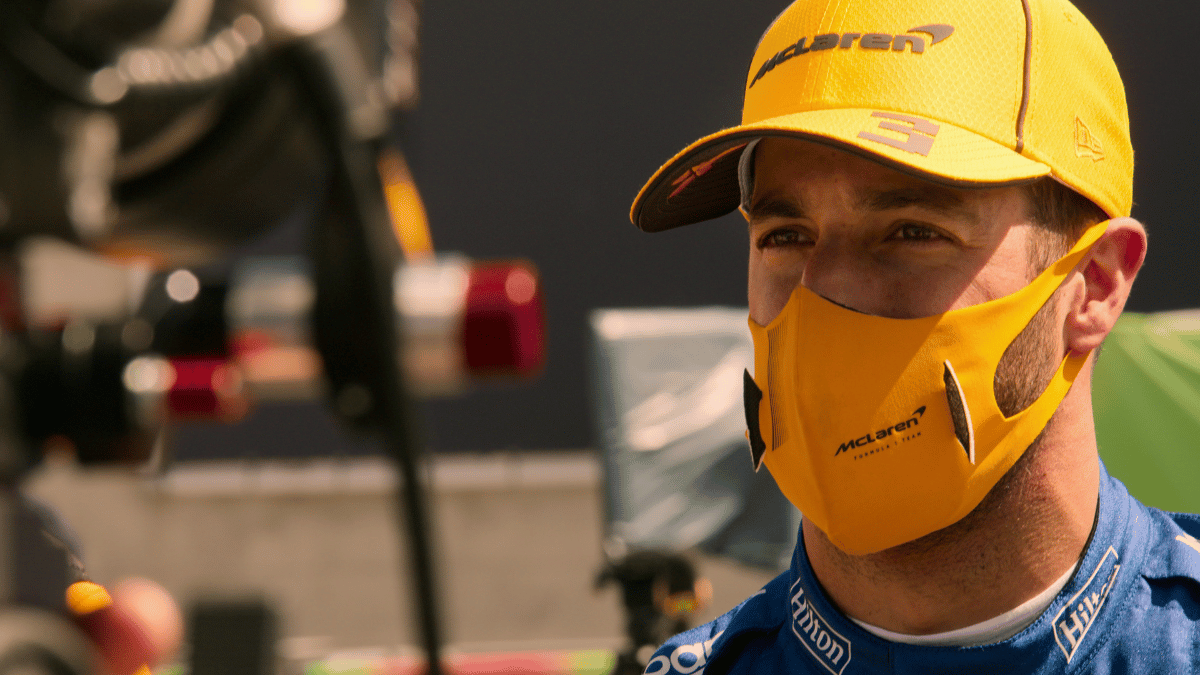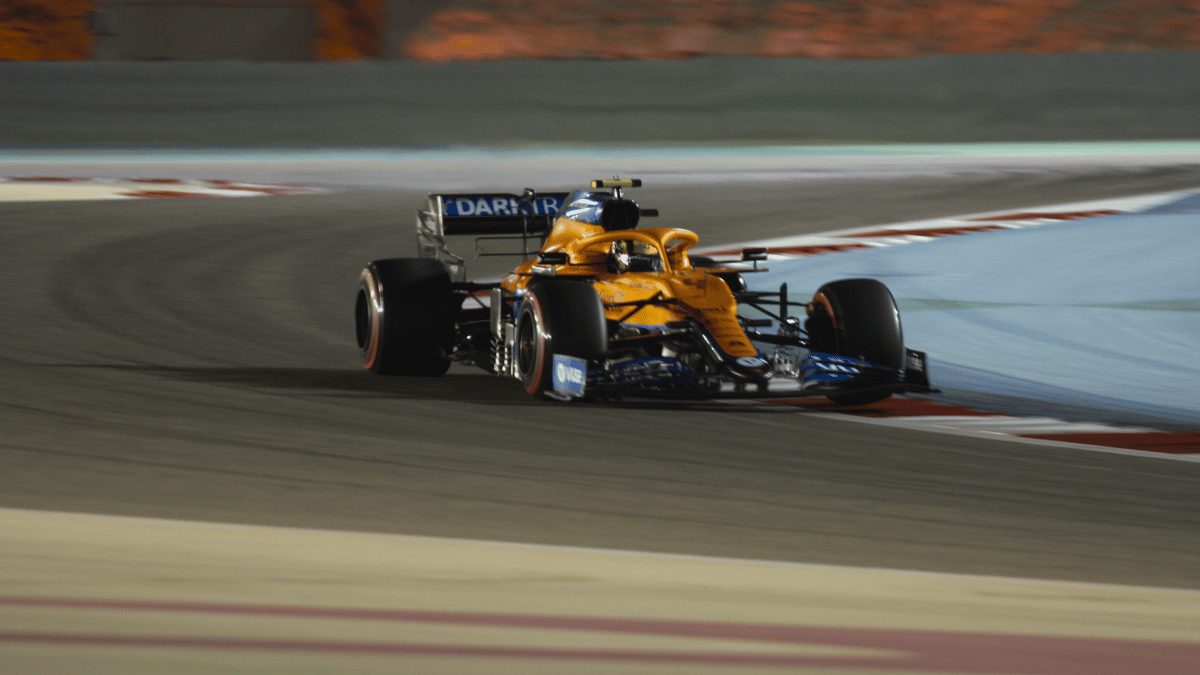The fifth season of Netflix’s documentary series Formula 1: Drive to Survive landed on the streaming platform almost a week ago, recapping the 2022 season of the popular motorsport over ten episodes in its textbook dramatic fashion.
The series at large undeniably led to wider adoption and interest in perhaps the world’s biggest motorsport spectacle, drawing in a new wave of fans that stuck around for the drama that happens both on and off the track.
Its success in its early seasons were in no small part thanks to the likable personalities seen in the series, such as Haas F1 team principal Gunther Steiner and now-former McLaren driver and eight-time Grand Prix winner Daniel Ricciardo.
Particularly in seasons one and two, despite a broad range of focus on drivers and personalities in and around the world of Formula 1, it’s borderline undeniable that Ricciardo was something of a protagonist in Drive to Survive, with his transition from Red Bull to Renault (now Alpine) being well-documented and dramatized.
After all, the series infamously painted his former Red Bull teammate, now two-time World Driver’s Champion Max Verstappen as something of a villain in Ricciardo’s career – with the now 25 year-old driver snubbing Netflix for the following three seasons of the show as a result.
Ricciardo’s transition to Renault (and his subsequent hop to McLaren) continued to be a focal point throughout season two, even going so far as to put something of a villainous spin on yet another teammate, Lando Norris, who was unsympathetic to Ricciardo’s decline in performance on the track.
Which brings us to season five, in which Ricciardo doesn’t feature as heavily, bar a pair of episodes which cover the infamous Oscar Piastri fiasco which ultimately led to Ricciardo’s exit from the team at the end of the 2022 season, and consequently, his likely absence in the confirmed sixth season of Drive to Survive.
The final episode of the season even went so far as to feature a “best of” montage of Ricciardo’s highest and funniest moments throughout the course of the series, an honor which wasn’t afforded to other departing or retiring drivers for future seasons of the sport. In his final interview, Ricciardo even quips about whether the show will be the same without him.

In this regard, Drive to Survive is acutely self-aware, and knows that one of its leading men has well and truly departed. While Gunther Steiner remains as a source of comic relief and commentary about rock stars and doors, the rest of the grid don’t particularly bring anything novel or entertaining to the show.
Besides a stray fart from Yuki Tsunoda, the whole “I’ve been dreaming about being a champion for my entire life” spiel is regurgitated over and over again by most of the other drivers, and it’s possibly a matter of time before this formula begins to get stale.
That said, the folks who caught the motorsport bug as a result of Drive to Survive will likely continue to keep coming back to the series, as well as the sport’s established audience who enjoy a peek behind the curtain which general race weekend coverage doesn’t often afford, even if it is often overly dramatized.
However, if some refreshing and unique personalities don’t enter the fray to supplement the Steiner-isms of the docuseries, it may be a matter of time before Formula 1: Drive to Survive overstays its welcome with the more casual audience that have more of a passing interest in the sport.

